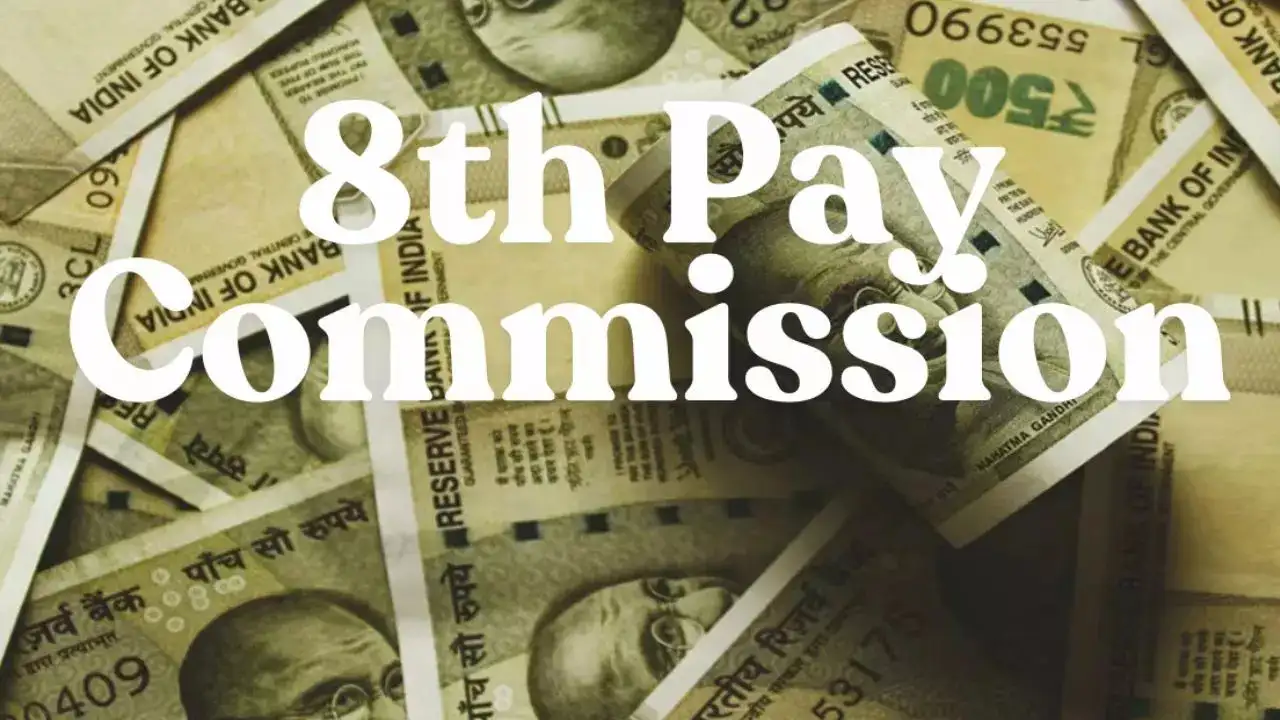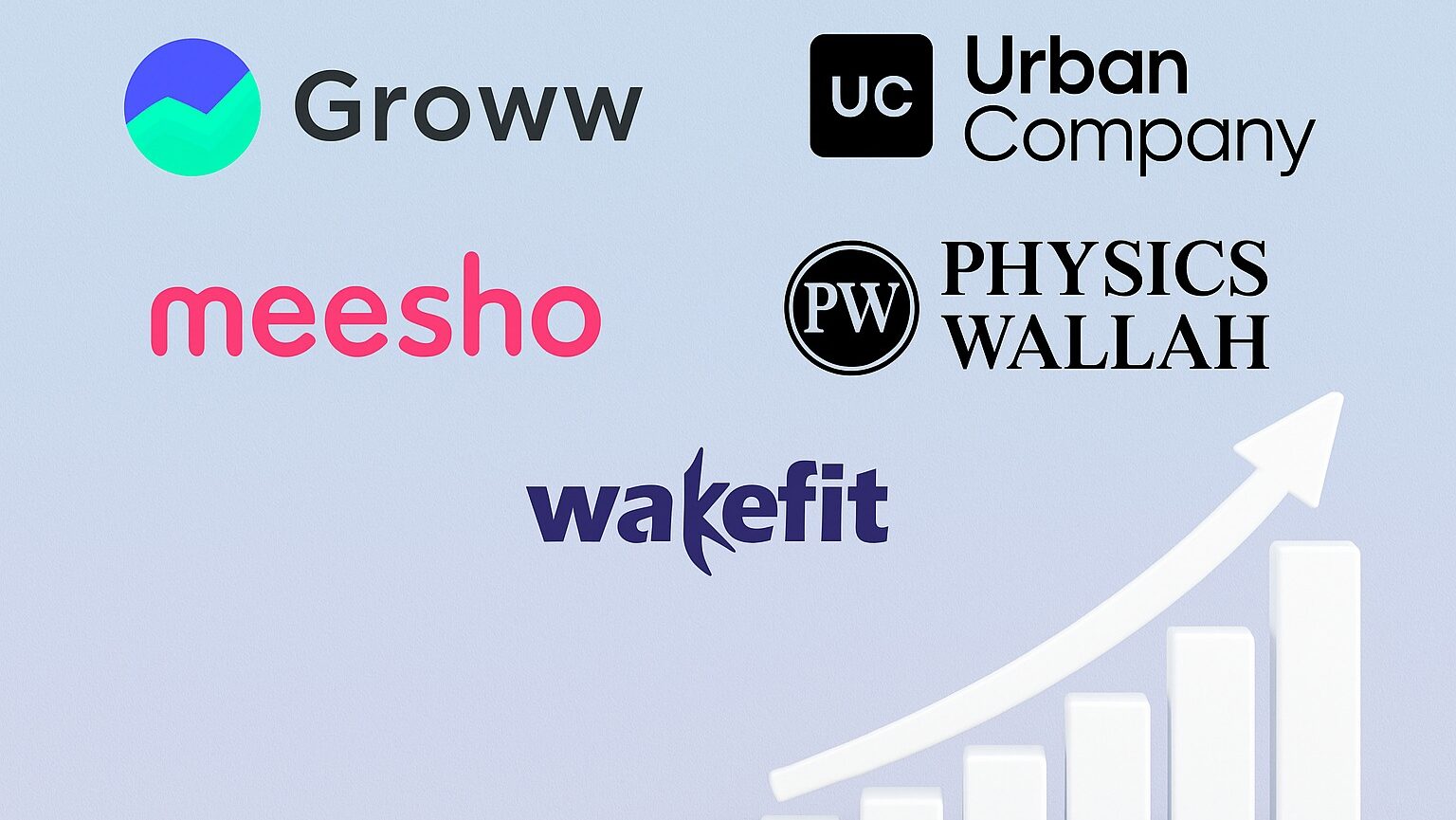The speculations around the 8th Pay Commission has recently grew stronger, particularly after a report from Ambit Capital: A leading financial advising and capital company. According to the report, the projected potential of salary can rise up to 30 to 35 percent for central government employees.
While this figure has captured headlines and sparked excitement among lakhs of workers and pensioners, there’s a deeper, often overlooked angle to consider:
How will a revision of this scale impact India’s overall economy, government spending priorities, and its long-term development goals?
8th Pay Commission: The Current Status
- As per the 10-year timeline, the 8th Pay Commission is expected to come into effect from January 1, 2026
- According to the Ambit Capital report, the pay revision could result in a 30% to 35% increase in salaries for central government employees
- Currently over 50 lakh employees and approximately 65 lakh pensioners will gain the benefit of this increase across the country
8th Pay Commission: The Impact of 30-35% Salary Increment
The Positive Side
- Government Employees & Pensioners
With 30-35% salary hike, the major section that will be positively impacted is the employees and the pensioners of government sector. This impact may include:
- Improved take-home salaries
- A boost in purchasing power
- Higher pension payouts
- Directly proportional to a boost in employee morale and job retention
- Markets & Mediocre India
If the predictions hold true, here’s what could follow for Indian markets and the middle class citizens:
- Higher disposable income: With higher take-home pay, many mid-level government employees are likely to spend more on everyday essentials and lifestyle upgrades
- Stock market reaction: FMCG, auto, and discretionary retail stocks often see a spike during pay commission cycles, as seen in 2008 and 2016
- Rural consumption recovery: An increase in their salaries could boost local spending and support the recovery of semi-urban and rural economies that are still finding their footing after the COVID-19 slowdows
The Negative Side
- Indian Economy
With the implementation of the 30-35% Salary hike under 8th Pay Commission, it can have a negative impact on the Indian economy in many ways, including:
- Increased purchasing power will have a ripple effect on consumer spending, this could stimulate demand in sectors like retail, FMCG, real estate, and automotive
- Surge in rural and Tier-2/Tier-3 economic activity
- Increased consumption in short duration will eventually put pressure on demand and supply and may lead to inflation
- Stock market impact: potential rally in consumer-focused and banking stocks
- Government Finances
- Can put a strain on Union Budget
- Greater pressure to maintain fiscal deficit targets over the next few years
- A cut in capital expenditure (Capex), this will further impact the infrastructure, and long tern investment projects
The Impact on Government vs Private Sector
Government Sector:
- Direct benefit with improved financial security
- Boost in morale and will make public sector jobs more attractive to younger talent
- Standardized gains even lower-level staff benefit from structured increments
Private Sector:
- Indirect impact via increased government spending that may lead to more demand in the market, creating opportunities for private businesses
- Benchmark pressure, especially in firms that work closely with government projects or in areas where talent overlap exists
- Widening gap risk for contractual and gig workers, who lack structured salary revisions
The 8th Pay Commission goes beyond just revising salaries, it marks an importantAlthough it offers much-needed relief and acknowledgment for millions of government employees and retirees, it also brings up serious concerns about rising inflation, reduced capital investment, and widening income gaps.
Although it offers much-needed relief and acknowledgment for millions of government employees and pensioners, it also brings up serious concerns about rising inflation, reduced capital investment, and widening income gaps.
With the proposed changes expected around 2026, it is important for policymakers to make sure the impact of the salary hike extends beyond monthly pay, contributing meaningfully to economic productivity, fairness, and sustainable growth.
The real test will be to ensure fair compensation for employees while still protecting investments that are vital for the country’s long-term progress.
Read More: FASTag Annual Pass: ₹3,000 for 200 National Highway Trips, Launch on Aug 15

























